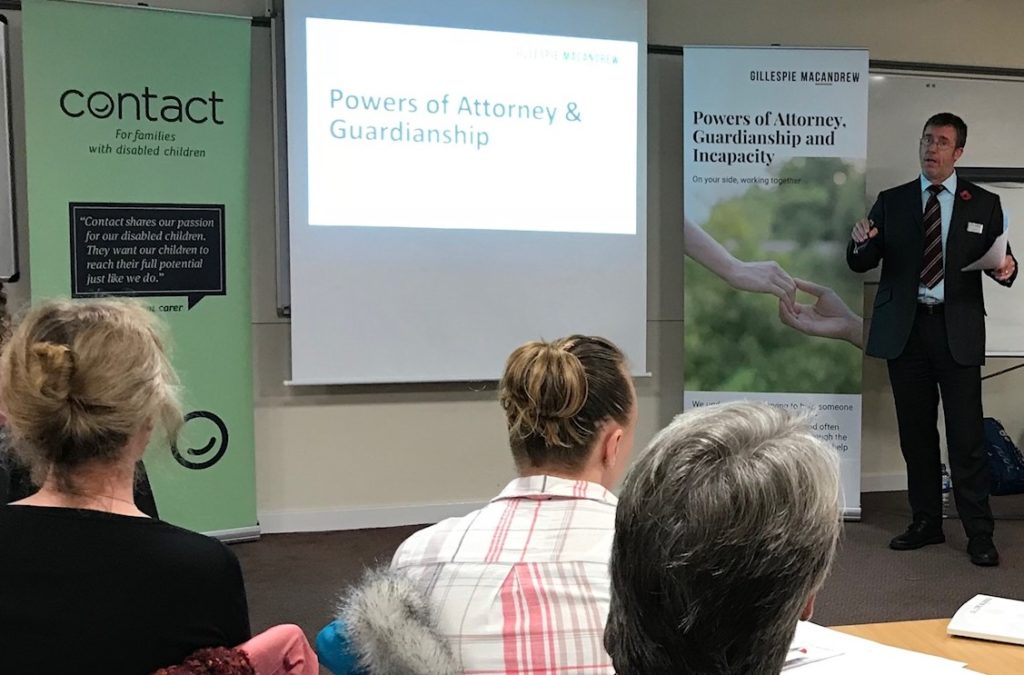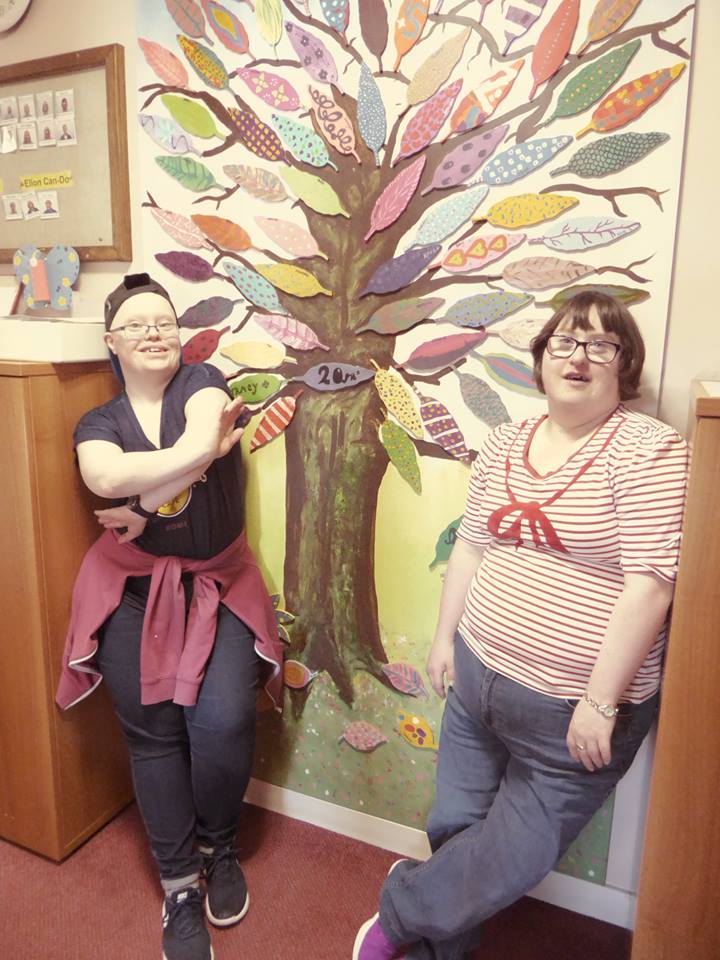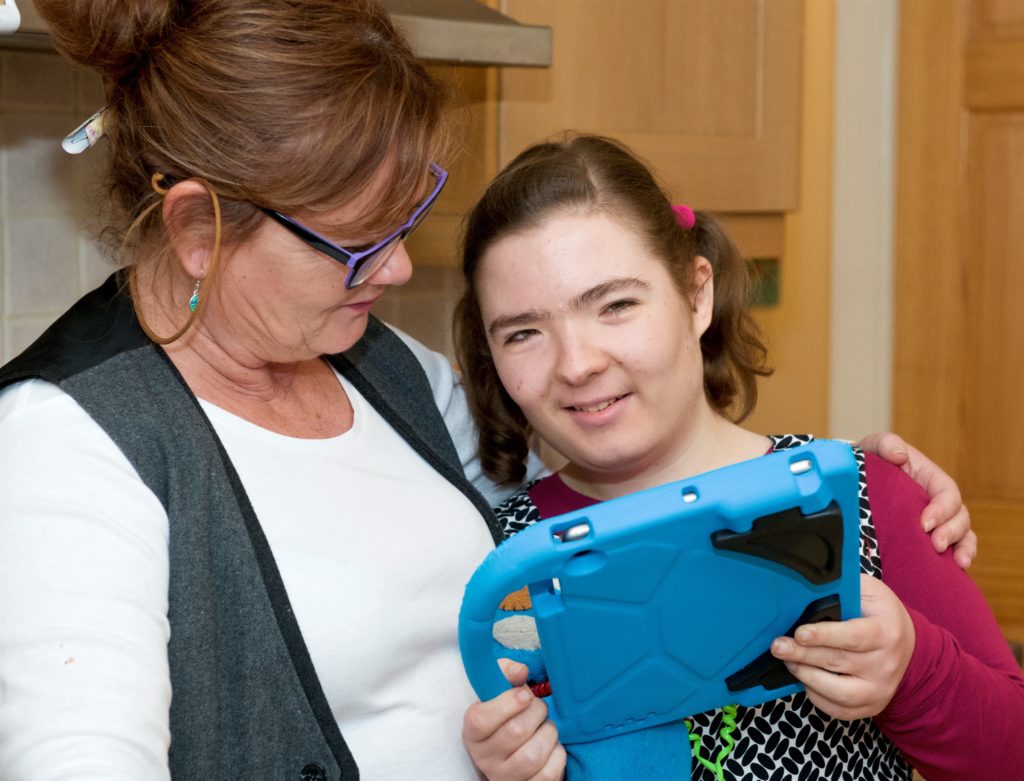In this article
Things to think about
Most benefits and entitlements come from one of three sources:
- The Scottish government’s Social Security Scotland. This includes Adult Disability Payment, Child Disability Payment and Carer Support Payment.
- The UK government’s Department of Work and Pensions (DWP). This includes child benefits or tax credits through HMRC.
- Local government – your council.
From their 16th birthday, the benefit system views a young person as an adult. If you feel your young person will struggle to manage their finances, you should ask about becoming an appointee so you can do this on their behalf. You should also consider getting Guardianship or Power of Attorney in place, particularly if your child might have income, savings or capital aside from benefits – for example, property inherited from a family member.
If the Department of Work and Pensions (DWP) has already appointed you to act for a young person, Social Security Scotland will need to review your appointment to make sure it works for the young person. Scottish law on appointees is different to UK law. It aims to give greater protection to clients. The Scottish government website has more information on this – Rights and responsibilities as an appointee.
Scotland benefits information
We have lots of information elsewhere on our website about benefits in Scotland, including eligibility, how to apply, and how to appeal (all the links below will open in a new tab, so you don’t lose your place here):
- Benefits at 16 – what happens to the benefits you claim for your child at 16.
- Adult Disability Payment – the main benefit for disabled adults in Scotland.
- Child Disability Payment – the main benefit for disabled children in Scotland, which can continue to 18.
- Universal Credit for young people receiving education – when young students are able to claim Universal Credit.
- Carer Support Payment – the main benefit for carers in Scotland
See all our advice on welfare benefits in Scotland or all our UK-wide benefits information (link opens in new tab).
Other sources of financial support
Many charities, trusts and government schemes provide money for a range of things, from equipment and paying for holidays to help with education, health, transport and social care costs.
We have information in the money and debt section of our website (link opens in new tab) about other sources of financial support, including financial help schemes from your local council (link opens in new tab), such as the ILF Scotland Transition Fund and Technology Grant.
Finance and education
Young disabled adults going to college or university may qualify for help with accommodation costs, travel expenses and the cost of certain types of support.
Get more information on what’s available for young people going on to further education.
Self-directed support
If your child receives support from social services, they might have different options for how they choose, manage and pay for care. In Scotland, having the choice of how you manage and pay for care services is known as self-directed support.
Parents can receive self directed support for a disabled young person up to 18 years old, or young people aged 16 or over can receive payments in their own right.
We have information about this in the social care section of our website (link opens in new tab).
Get a finance health check
Knowing what a person is entitled to is a good start.
You also need to know how their claim might affect benefits you receive, as their parent or carer. Sometimes there are choices and decisions to be made, so it’s important to speak to a benefits adviser to understand what’s best for your family as a whole.
It’s a good idea to get a benefit check every few years to make sure you aren’t missing anything, especially if there’s been a change in circumstances – for example a family member turning 16, or moving into paid employment.
Find out where and how to get a finance check.
Managing finances
Lots of people worry about managing money or find it difficult. If that’s you, don’t be afraid to ask for help.
Our web pages have tips on financial planning, managing a budget, dealing with debt and building your young person’s financial awareness.
Find out more about managing finances.
Related information

Legal matters
How to support and protect the interests of your young person into adulthood.
Read more
Learning & job opportunities
Disabled young people can develop skills through education, training or work. Take time to plan, explore options, and find the right support.
Read more
Health and social care transitions
Differences in service structures, legal requirements for consent and guardianship, and the importance of early planning.
Read more
Talking about Tomorrow
The key topics to think about as your child moves into adulthood.
